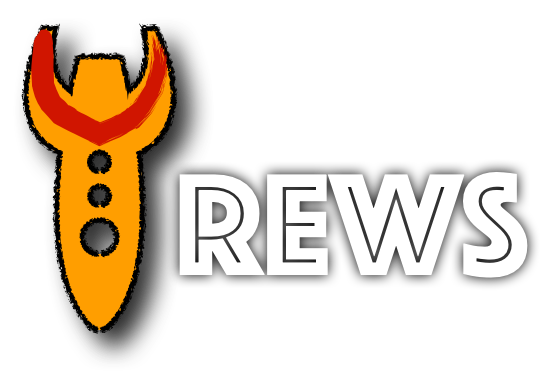In today’s digital landscape, privacy in the age of AI is a growing concern. As artificial intelligence becomes more embedded in our daily lives—from virtual assistants and smart devices to personalised ads and recommendation systems—one critical question emerges: Who owns your data? This blog explores the complexities surrounding data ownership, the role of AI, and what you can do to protect your personal information.
📥 Understanding Privacy in the Age of AI: The Data Collection Dilemma
The rise of AI has revolutionised how data is collected, processed, and analysed. Whether you’re browsing the internet, using social media, or shopping online, every click, like, and purchase leaves a digital footprint. This information is the fuel that powers AI algorithms.
But here’s the problem—privacy in the age of AI is not clearly defined by current laws. Many users don’t know what data is being collected or how it’s being used. Companies argue they need your data to offer better services, while privacy advocates warn that unchecked data collection can lead to surveillance, manipulation, and breaches of trust.
⚖️ Who Owns Your Data: The Legal and Ethical Grey Zone
Who owns your data depends heavily on where you live and which platforms you use. In most cases, when you agree to terms and conditions, you’re essentially giving tech companies the right to collect and use your personal information. Legally, this often makes them the “owners” of your data, at least in practical terms.
However, ethically, many argue that you should own your data. After all, it’s your behaviour, preferences, and identity that are being monetised. New regulations like the General Data Protection Regulation (GDPR) in Europe and the California Consumer Privacy Act (CCPA) are steps in the right direction, giving individuals more control over their data—but enforcement and awareness remain limited.
⚠️ The Risks of Ignoring Data Ownership in the Age of AI
When individuals give up control of their data, they face multiple risks:
-
Loss of privacy: Your sensitive information can be misused or leaked.
-
Manipulation: AI can target you with highly persuasive content or ads based on your behaviour.
-
Bias and discrimination: AI trained on biased data can make unfair decisions about you—affecting jobs, loans, and more.
The issue of who owns your data isn’t just about property—it’s about power, transparency, and accountability in the AI-driven world.
🛡️ How to Take Control of Your Data Privacy in the Age of AI
So, what can you do to protect your privacy in the age of AI?
-
Read the fine print: Understand what you’re agreeing to before using apps and services.
-
Adjust privacy settings: Limit what data you share on social platforms and devices.
-
Use tools for privacy: Employ browsers, VPNs, and ad blockers that prioritize user privacy.
-
Support ethical tech: Choose companies that are transparent about data practices and respect your rights.
These small steps can help shift control back to users—and redefine who owns your data.
📌 The Future of Privacy in the Age of AI
As AI continues to evolve, so too must our understanding of privacy in the age of AI. The debate over who owns your data is far from settled, but growing awareness is a powerful first step. It’s time to demand clearer laws, better tools, and ethical standards that put users first.
In the end, your data should be yours—not just legally, but practically and ethically.

